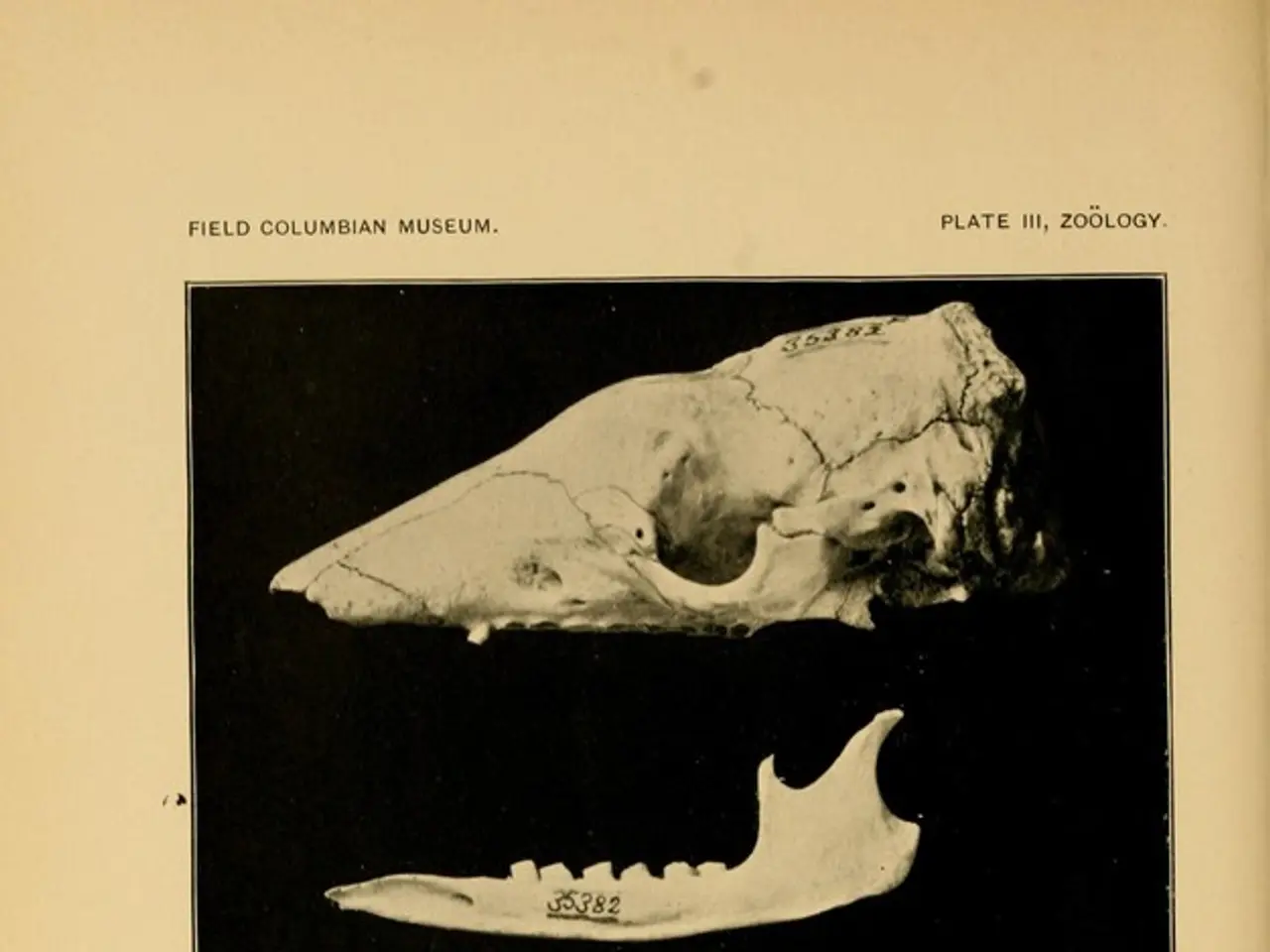Lupus and Hyperthyroidism Connection Explored
Lupus and Hyperthyroidism: A Complex Connection
Lupus, also known as systemic lupus erythematosus (SLE), is an autoimmune disease that can affect various organs in the body. A significant number of lupus patients also develop autoimmune thyroid diseases, including hyperthyroidism.
The Link Between Lupus and Hyperthyroidism
Research indicates that lupus patients have a higher incidence of autoimmune thyroid diseases compared to the general population. This connection is partly due to polyautoimmunity, the presence of more than one autoimmune disease in the same person.
Hyperthyroidism, the overproduction of thyroid hormones, can occur due to conditions like Graves' disease. Interestingly, Graves' disease has a link with systemic autoimmune diseases like lupus. Hashimoto's thyroiditis, another autoimmune condition that can cause changes in thyroid function, can occasionally cause hyperthyroidism as well.
Shared Symptoms and Diagnostic Challenges
Some symptoms of lupus and hyperthyroidism overlap or can mimic each other, contributing to diagnostic challenges. Common symptoms include fatigue, weight changes, temperature sensitivity or sweating abnormalities, and trouble sleeping. Hyperthyroidism may also present with symptoms such as sudden weight loss, rapid or irregular heartbeat, nervousness or anxiety, and trouble sleeping.
Diagnosing hyperthyroidism in lupus patients requires biochemical thyroid testing alongside clinical assessment. Serologic tests measure thyroid hormones (free T4, free T3) and thyroid-stimulating hormone (TSH). Autoantibodies, such as anti-thyroglobulin (anti-Tg), anti-thyroid peroxidase (anti-TPO), and thyroid-stimulating immunoglobulin (TSI), can also support the diagnosis of autoimmune thyroid disease.
Treatment and Management
Treatment for hyperthyroidism in lupus patients typically involves antithyroid drugs like methimazole, radioactive iodine therapy, or surgery, depending on severity and cause. Managing lupus patients with concurrent thyroid disease requires coordinated care addressing both autoimmune processes, symptom control, and monitoring for drug interactions or side effects.
Potential Complications
People with both lupus and hyperthyroidism may face potential severe complications, such as central nervous system involvement and kidney involvement. It's crucial to monitor these patients closely and provide interdisciplinary management to optimise outcomes.
Further Research
Researchers have found a higher prevalence of antithyroid antibodies and thyroid disease in people with systemic lupus erythematosus. This discovery underscores the need for further research to better understand this complex connection and improve diagnostic and treatment strategies.
Some symptoms of hyperthyroidism, such as fine, brittle hair and thinning of the skin, may not be immediately associated with the condition. However, awareness of these symptoms can help in early detection and appropriate management.
In summary, the connection between lupus and hyperthyroidism is complex but well-established. Regular screening and close interdisciplinary management are essential to optimise outcomes for patients with both conditions.
- Science reveals that lupus patients have a higher incidence of autoimmune thyroid diseases compared to the general population, which is partly due to polyautoimmunity.
- Hyperthyroidism occurs due to conditions like Graves' disease, a link that shares with systemic autoimmune diseases like lupus.
- Hashimoto's thyroiditis, another autoimmune condition, can occasionally cause hyperthyroidism too.
- Symptoms of lupus and hyperthyroidism overlap or mimic each other, contributing to diagnostic challenges in medical-conditions and chronic-diseases.
- Specialized biochemical thyroid testing, alongside clinical assessment, is necessary for diagnosing hyperthyroidism in lupus patients.
- Serologic tests measure thyroid hormones and thyroid-stimulating hormone, while autoantibodies support the diagnosis of autoimmune thyroid disease.
- Treatment for hyperthyroidism in lupus patients typically involves antithyroid drugs, radioactive iodine therapy, or surgery.
- Managing lupus patients with concurrent thyroid disease requires addressing both autoimmune processes, symptom control, and monitoring for drug interactions or side effects.
- Some potential severe complications for people with both lupus and hyperthyroidism include central nervous system involvement and kidney involvement.
- Closely monitoring and providing interdisciplinary management is crucial to optimize outcomes for patients with both conditions.
- Further research is needed to better understand this complex connection and improve diagnostic and treatment strategies in health-and-wellness.
- Awareness of symptoms associated with hyperthyroidism, such as fine, brittle hair and thinning of the skin, can help in early detection and appropriate management in personal-finance.
- Lifestyle factors, like skin-care, budgeting, travel, shopping, car-maintenance, and even electric-vehicles, play a crucial role in managing overall health and wellness.
- Well-coordinated care is essential for managing mental-health, mens-health, and women's-health issues in addition to cardiovascular-health, neurological-disorders, and other chronic diseases.
- In sports, football (American football, NFL, and even NCAA-Football) can provide a healthy outlet for managing stress and improving overall emotional well-being.
- Sports-betting can be a source of financial gain, but it's important to manage personal-finance responsibly to avoid potential financial problems.
- Weather conditions also impact overall health, driving the need for sports-analysis and appropriate planning for outdoor activities to minimize risks and optimize performance.





